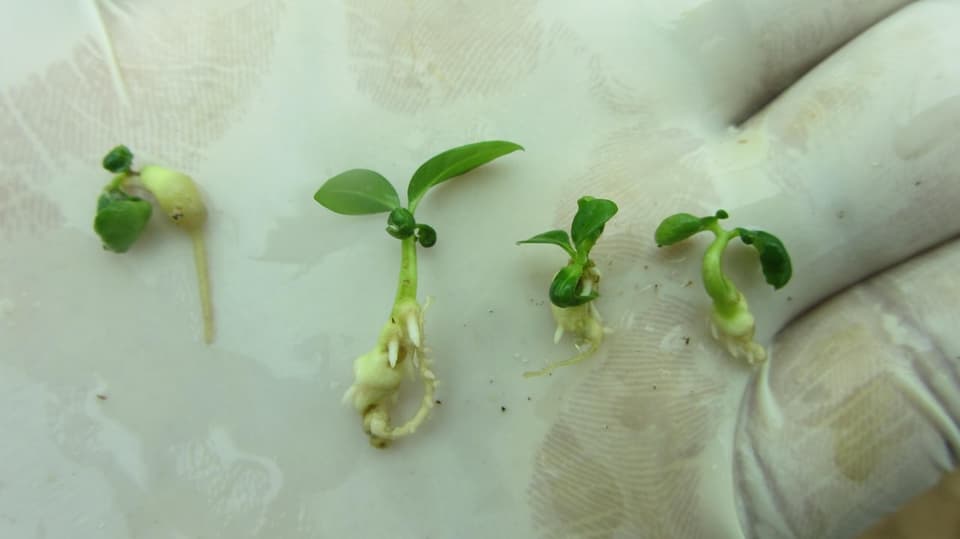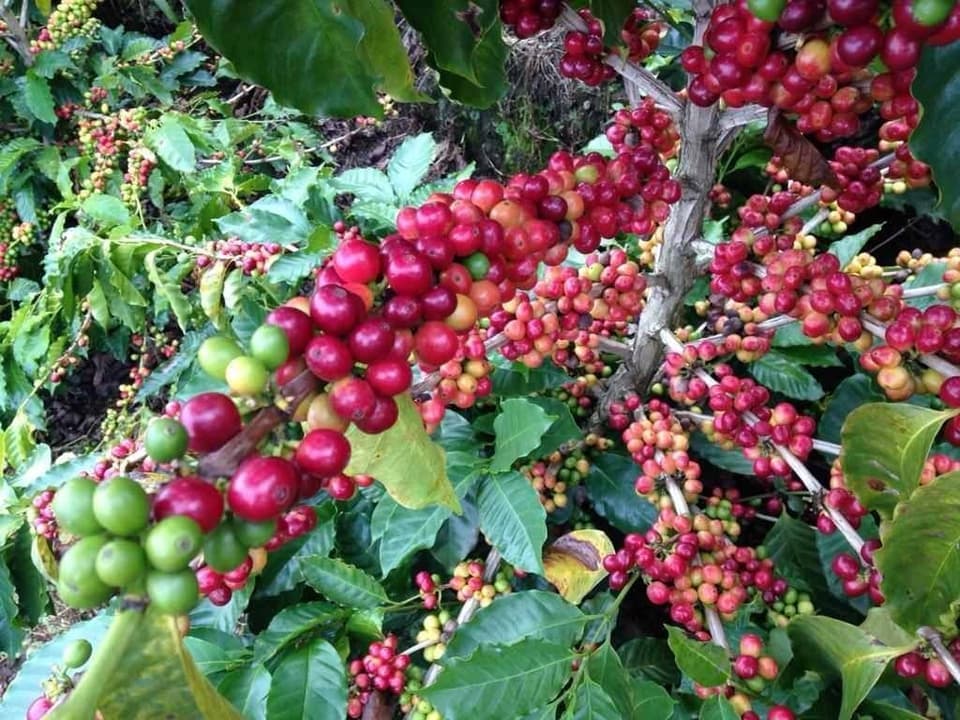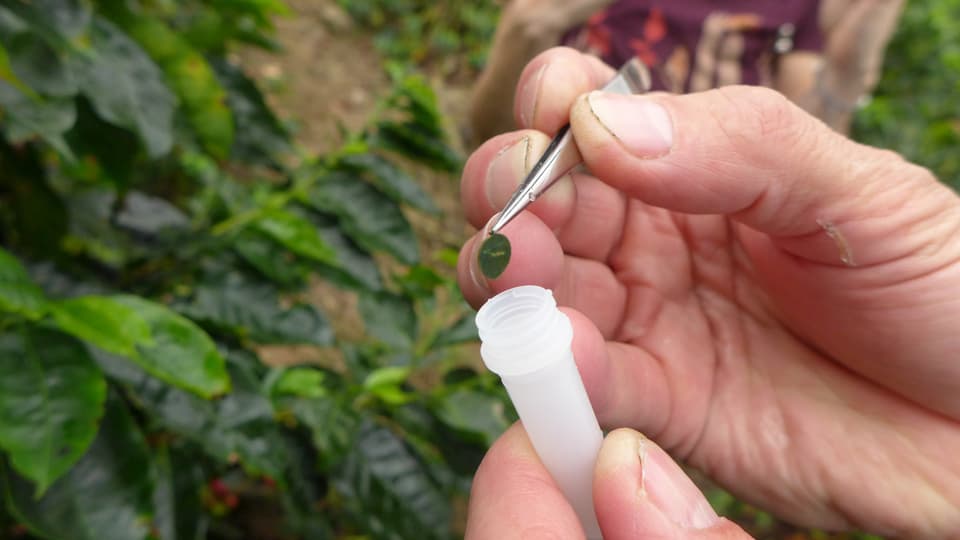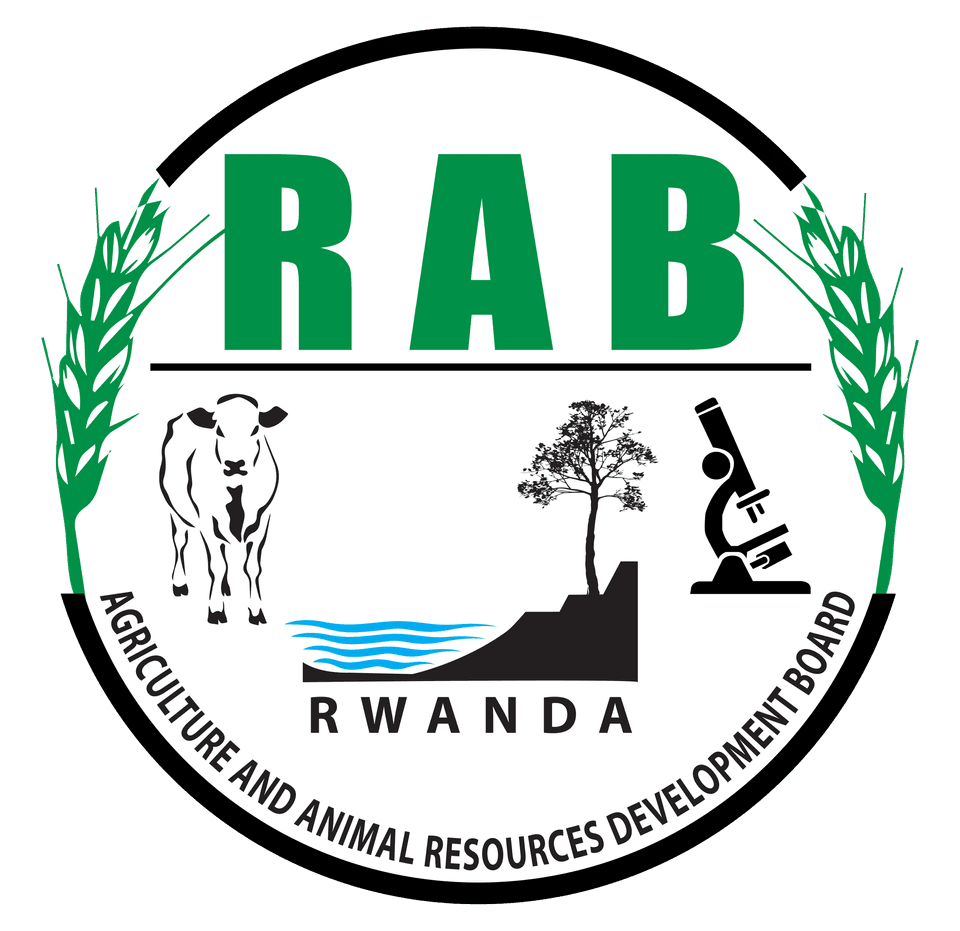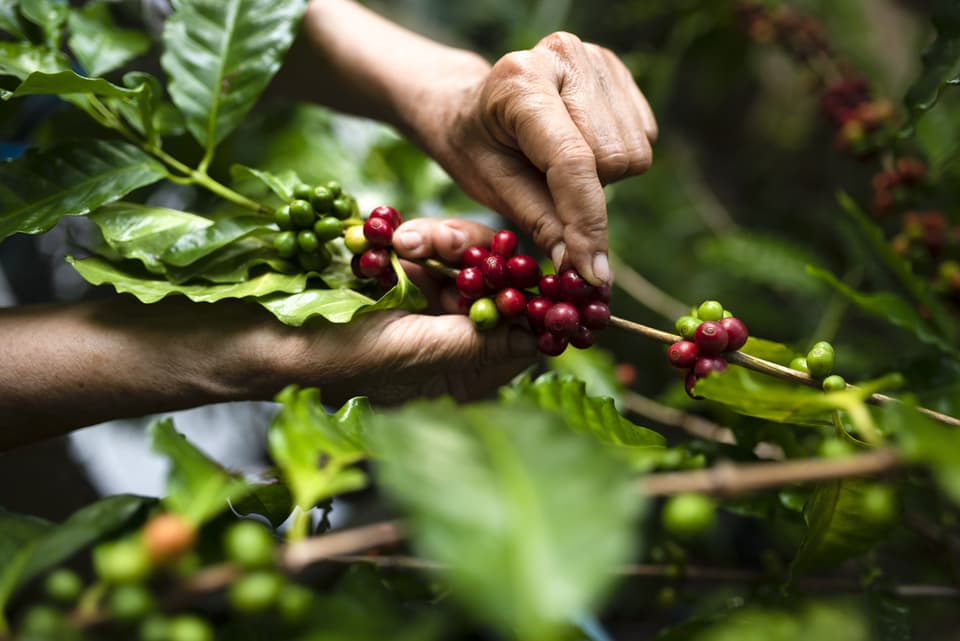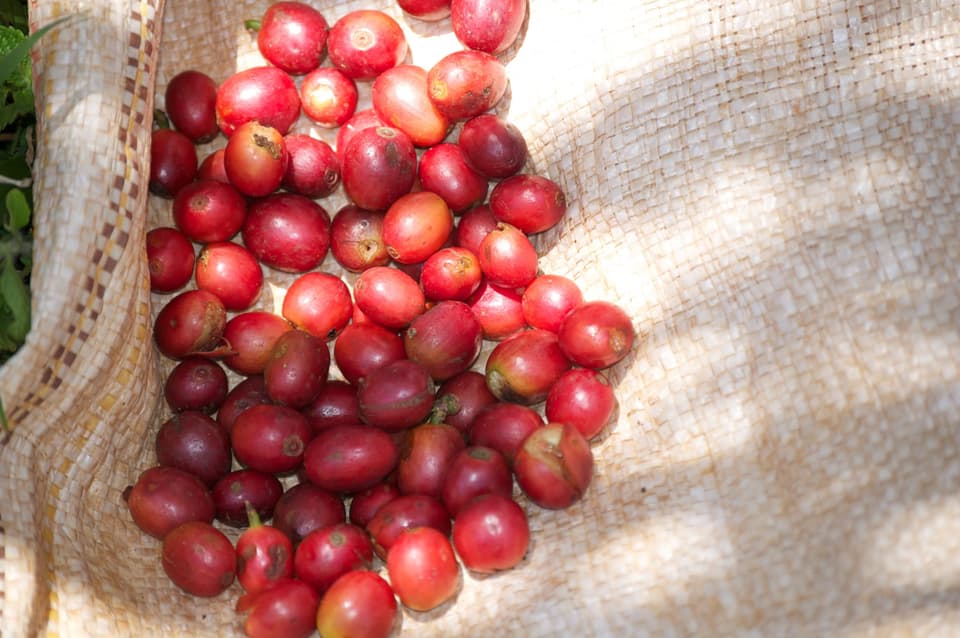Rwanda’s coffee sector is small in volume but central to rural livelihoods and export earnings, contributing US $115 million to the economy in 2022/3, 13.5% of Rwanda’s total agricultural export value.1 Coffee employs 400,000 farmers2, who typically farm very small plots of coffee, averaging 600 trees per plot. Nearly all production is Arabica, predominantly traditional varieties like Bourbon and Typica. About 62% of exports are fully washed, reflecting post-2000 investments in processing quality.3 An estimated 39% of coffee trees in Rwanda are older than 30 years old4; an improved variety resistant to rust and CBD called RAB C15 was released in 2015, but is not widely planted yet. Priorities of the National Agriculture Export Board (NAEB), which oversees the coffee sector, include growing the value of coffee exports through quality differentiation and stabilizing production through rejuvenation and rehabilitation of aging trees.
1. Rwanda coffee sets new record, fetches Rwf100,000 per kilo at online auction, NAEB, 2024.
2. About Rwanda Coffee, NAEB.
3. International Coffee Day: A look into the journey of Rwanda's Coffee, NAEB.
4. Rwanda’s Coffee Value Chain, ICO, 2024.


